My eldest daughter gifted me a book a while back whose title is Happiness, A Guide to Developing Life’s Most Important Skill, by Matthieu Ricard, a French Buddhist monk.
I have not gotten around to reading it yet, but I will. It might be the key to solving all my problems about the meaning of life and I may get answers to my questions about where I come from, where I am going and what it is all about.
Also read: 5 Simple steps you can take towards happiness
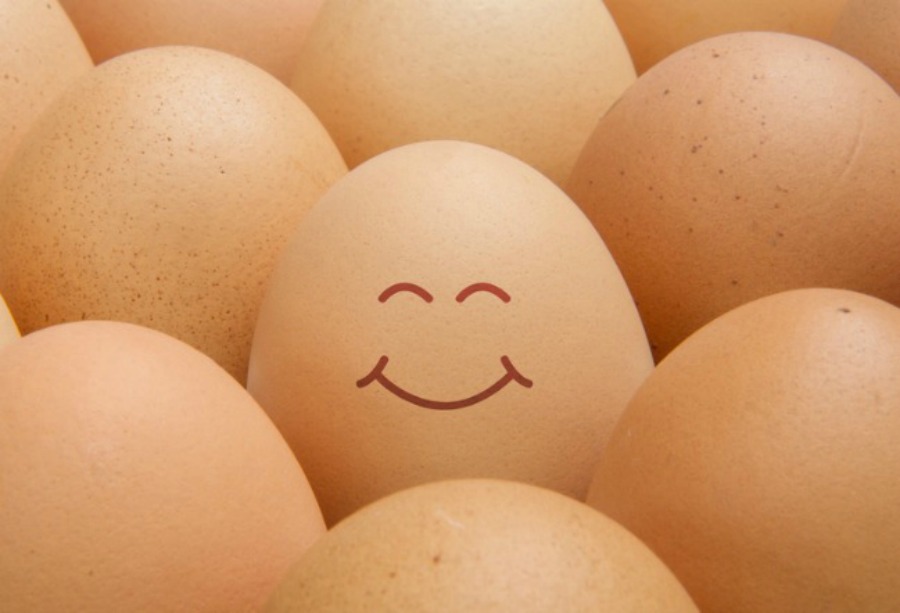
The meaning of happiness
The title of the book is telling because the word happiness is in everybody’s mind of late.
Mankind wishes to be happy and happiness is a much sought-after commodity. The hoopla and fanfare surrounding both terms –happy and happiness– do not take the bull by the horns to explain what they actually mean or what they are.
Daniel Kahneman’s TED talk “The riddle of experience vs. memory” starts well by saying: “Everybody talks about happiness these days.”
He proceeds with his talk but in the end it all comes to naught because he does not dig into the question of the meaning of happiness. But he is an economist and I am a run-of-the-mill linguist and wordsmith.
People say blithely: “I am happy to meet you,” and sing “Happy birthday to you…” not truly knowing what the word “happy” means.
Googling the word happy we get 2,590,000,000 results.
Happiness gives us 332,000,000 hits. Google shows, in no uncertain figures, that mankind has a fixation with being happy and attaining happiness… in English.
Imaging if we google in French, German, Spanish…
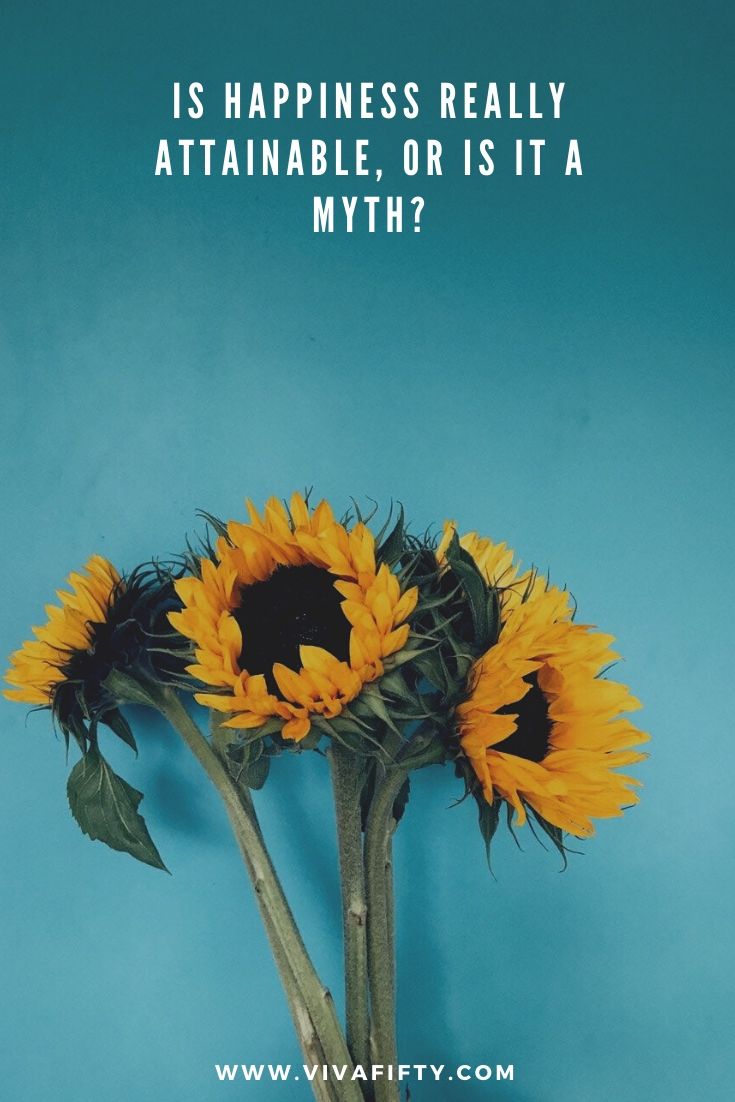
This is probably a modern fixation, now that we eat daily and have hot water and abodes.
But did you know that the noun “happiness” does not appear in the King James, 1611, translation of the Bible?
Not once does it mention “happiness” as a noun, although it does use “happy” many times which, in most instances, could be replaced with glad, or content.
Would that imply that the writers-translators of the Bible were not concerned with the idea –whatever it may be– of what we now try to engulf in the term “happiness”?
What comes first: words or ideas?
The problem with ideas is that we have to put them into words… no less. Or perhaps it is all the way around: the problem with words is that we have to put ideas into them.
What comes first?
Is it that humankind creates a word and then tries to find a definition for it, or does humanity have an idea, a concept, and then invents a word for it?
Sounds tricky and suggests a clever verbal sleight of hand to confuse the issue.
Also read: 5 Lifelong tips to feel happy in midlife

In the case of “tree,” early mankind had no problem.
Humans created a sound that reflected the impression upon the mind, the image of the object seen, the tree. Matters change with concepts that do not reflect the physical reality, such as justice, beauty, love, honesty, God, heaven… and happiness.
As soon as people in the west achieved their basic needs of food and comfort, they needed more, they needed Happiness.”
Before that they were too busy trying to survive. In 1520 happiness meant “good fortune” the idea of a “pleasant and contented state of mind” came later.
What if mankind has been wrong all along?
What if we have all been chasing the sun of Happiness, trying to catch it in a foolish and endless quest?
What if the word, the concept itself, is a sham, a devilish ruse, a figment of the imagination, the invention of the Devil in order to keep us dissatisfied all the time?
What if happiness were just a mirage, the biggest scam invented by man?

That would perhaps justify Happiness. A quest for an ideal state of being, of blissful welfare, “pleasant and contented state of mind”, paradise, the absence of cares and tribulations, the path that keeps mankind motivated towards a non-existent end, goal.
I propose we change tack and do away with the silly quest for happiness, and roll up our sleeves and start going about our business of doing, whatever that may be. We will strip ourselves of anxiety and distress, and we will feel free.
We do not want to be happy, we want to live and do things.
Let us avoid pain, skirt stress, dodge toxic people, duck squabbles and spats, shun impertinence, sidestep getting into debt, refrain silly confrontations… and stop worrying over the empty word happiness.
In fact, I would replace it by glad or gladness: “I am glad to see you, Mr. Smith.” “I am glad to know you finally got a divorce, Miss Frill.” And we can give people the glad-eye, the glad-hand and wear the glad rags.
Tossing Happiness by the wayside, we might live happily ever after.
Also read: 7 Happiness hacks for busy women

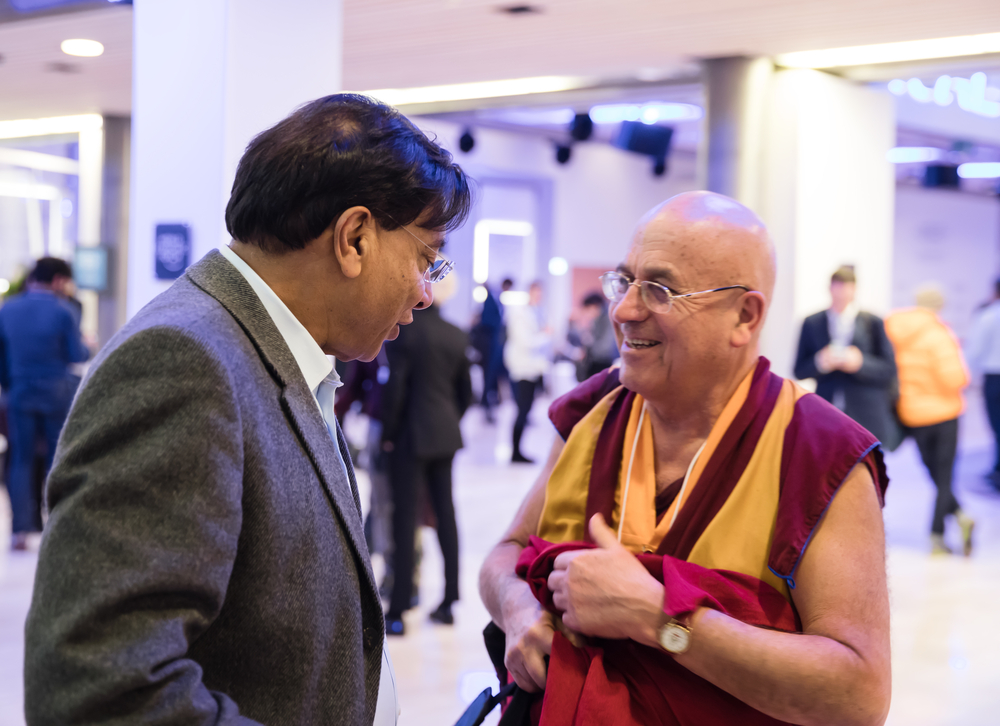
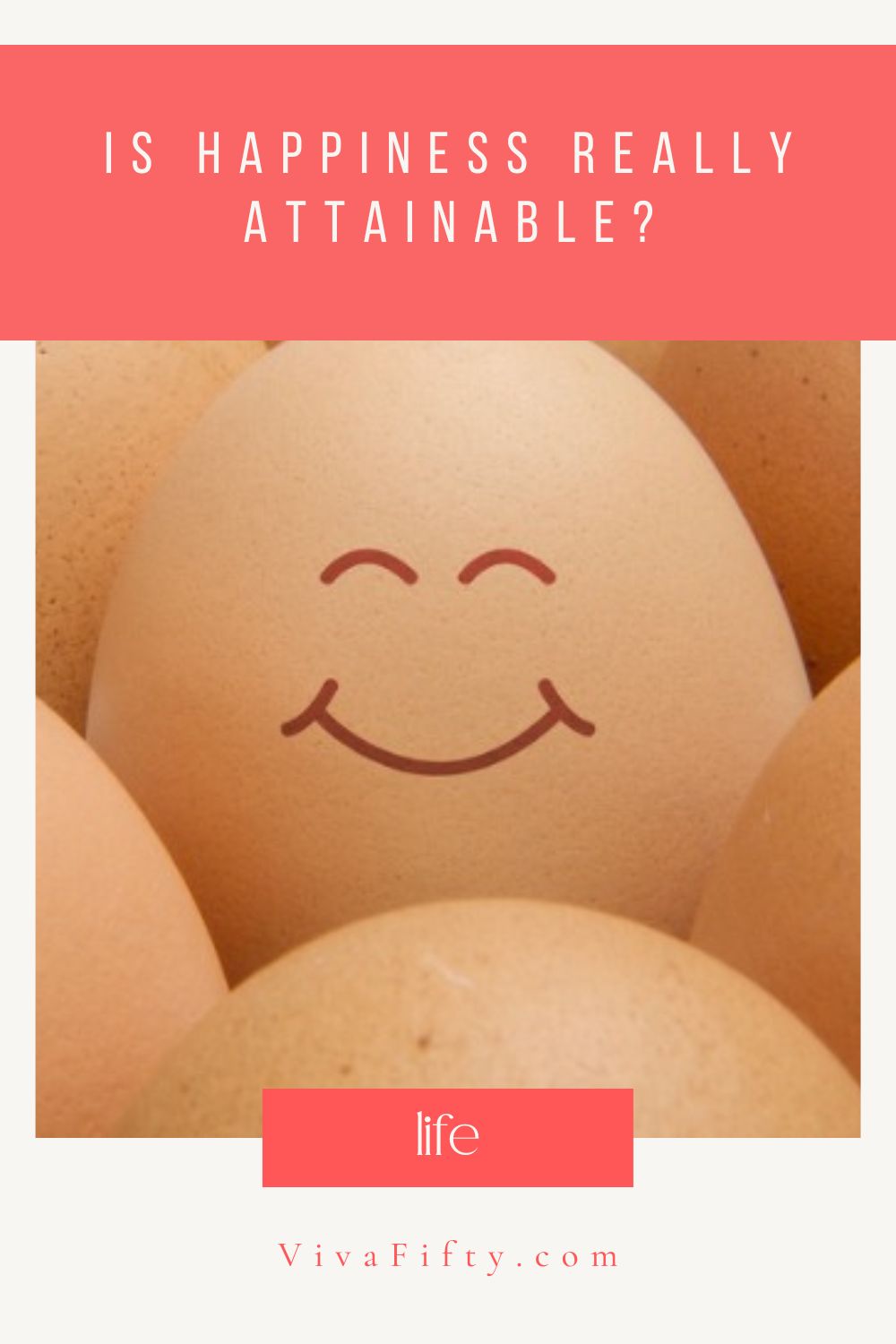

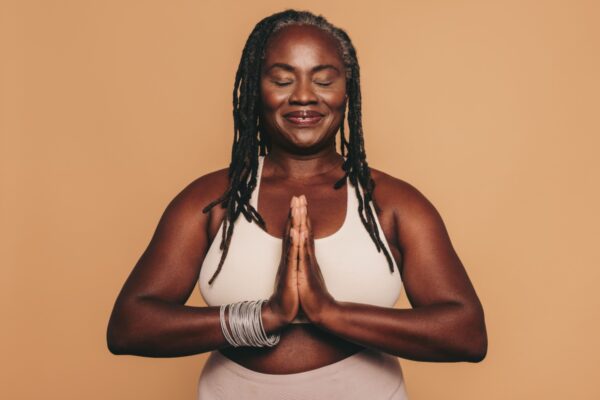


Leave a Reply